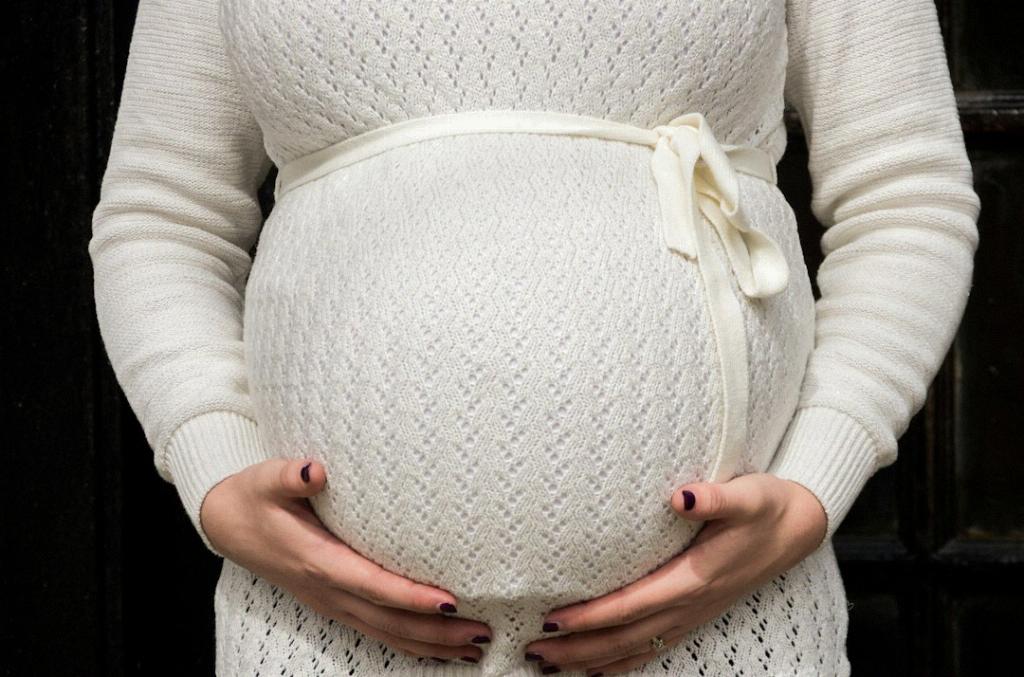During pregnancy, many women may experience the disconcerting sensation of feeling like they have peed themselves, even when they have not. This phenomenon, known as pregnancy-related urinary incontinence, can be attributed to a variety of factors related to the changes the body undergoes during gestation.
Weak Pelvic Floor Muscles: A Common Culprit
One of the primary reasons for this sensation is weak pelvic floor muscles. These muscles, located around the bladder and supporting the uterus, play a crucial role in controlling bladder and bowel function. As the body prepares for labor, these muscles may relax, leading to decreased support and control over the bladder, resulting in a feeling of urinary incontinence.
Hormonal Changes and Increased Pressure
Additionally, hormonal changes during pregnancy can contribute to increased pressure on the bladder, leading to a heightened urge to urinate and potential leakage. The hormonal fluctuations that occur throughout pregnancy can influence the body’s fluid balance and increase the volume of urine produced, exacerbating the sensation of urinary incontinence.
Increased Weight and Stress on the Bladder
As the pregnancy progresses, the growing fetus places additional weight on the bladder and surrounding pelvic organs. This increased pressure can compress the bladder, reducing its capacity and leading to a frequent need to urinate. The combination of this added weight and weakened pelvic floor muscles can further contribute to the feeling of urinary incontinence.
Fluid Retention and Swelling
Fluid retention, a common occurrence during pregnancy, can lead to swelling in the body, including the bladder and urethra. This swelling can impact bladder function, causing discomfort, urgency, and potential leakage. The body’s natural response to retaining fluids can exacerbate the sensation of peeing oneself while pregnant.
Impact of Baby’s Position
Furthermore, the position of the baby in the uterus can influence bladder function. As the fetus grows, it may press against the bladder, reducing its capacity and causing a frequent need to empty it. The pressure exerted by the baby on the bladder can lead to a sensation of urinary incontinence, even when bladder control is intact.
Addressing Pregnancy-Related Urinary Incontinence
If you’re experiencing the sensation of peeing yourself while pregnant, there are steps you can take to help manage this common issue. Pelvic floor exercises, known as Kegels, can help strengthen the muscles supporting the bladder and improve bladder control. Additionally, staying hydrated, maintaining a healthy weight, and practicing good bathroom habits can aid in reducing the frequency of urinary leakage.
Consulting with Healthcare Providers
It’s essential to discuss any concerns about urinary incontinence during pregnancy with your healthcare provider. They can provide guidance on personalized strategies to manage this issue and may recommend pelvic floor therapy or other interventions to support bladder function. Open communication with your healthcare team is key to addressing and alleviating urinary incontinence symptoms.
Embracing the Changes of Pregnancy
Remember, experiencing urinary incontinence during pregnancy is a common occurrence due to the significant changes your body is undergoing to support the growth of your baby. Be patient and kind to yourself as you navigate these changes, and know that there are resources and support available to help you manage any urinary symptoms you may be experiencing.

